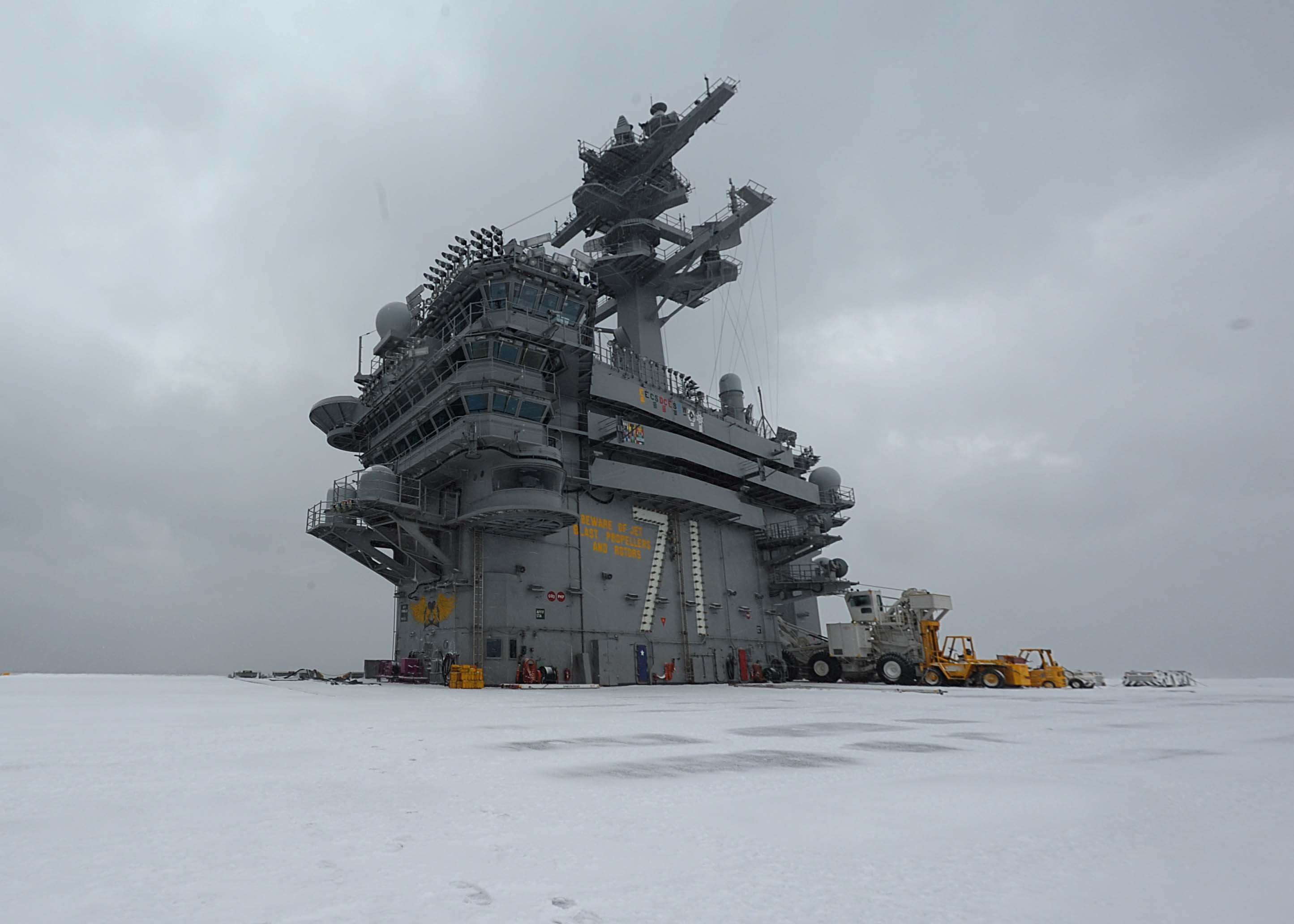Editor’s Note: We excerpted the eight lessons which should be learned from the complete article by Charlie Dunlap, J.D. on the Crozier case.
But Dunlap’s comprehensive article published in Lawfire should be read in its entirety and we are posting this excerpt to draw our reader’s attention and suggest they read the full article, which can be found here:
Dunlap starts his article by putting the Crozier case in context:
Regrettably, the hagiographic narrative surrounding Captain Crozier is creating the very real risk that the wrong leadership lessons will be learned and propagated, irrespective of what does or does not happen to him personally. If that occurs, the success of future military operations is imperiled, and troops could die. Some things really can be that simple.
To be clear, everyone agrees military leaders have the responsibility for the health and safety of those entrusted to them. Accordingly, Captain Crozier is to be rightly commended for being so concerned about the threat of COVID-19 to his crew. That doesn’t mean, however, that he handled his responsibilities the right way.
Later in the article he highlighted lessons which he suggested should be learned from the case.
- Senior military leaders should not assume a “peacetime” mindset in the midst of the risks intrinsic to 21st century “grey zone” conflicts.
- Military leaders need to maintain situational awareness in a crisis.
- In crises especially, military leaders need to be careful about the example they set in their civil-military relations
- In crisis situations, leaders need to think inclusively in terms of the organization as whole and not about particular career fields.
- In crisis situations, leaders need to put aside concerns about their own careers.
- Senior leaders, especially in complex emergencies, need to communicate in an effective way, and understand their options if they believe their concerns are being wrongly ignored.
- Commanders (as well as the media and the public) shouldn’t confuse popularity with good leadership.
- Don’t trivialize potential civilian casualties as a mere “political” problem.
He concluded the article byframing a set of key questions:
“It would appear that Captain Crozier had zeal, but the question for General Milley and, ultimately, Secretary Esper, is whether the zeal was the right kind, and was it properly vectored?
“Or was Secretary Modly correct that Captain Crozier lacked sufficient appreciation for the “larger strategic context” and competing “national security imperatives”?
“Did emotion make him too impatient about the pace of the Navy’s action and the leadership of civilian superiors?
“Did he allow adversaries to seize the initiative in grey zone conflicts? Did he overestimate the risk to his crew, and underestimate the risk to civilians?
“Overall, did Captain Crozier make the right decisions for the Navy and, more importantly, the nation?
“To be clear, Captain Crozier insisted that he was ready to take his ship into combat and fight adversaries if the nation was at “war”, but to what extent is he prepared to take risks to wage grey zone “war” when that’s the mission in our complicated world?
“The stakes are high as our adversaries are closely watching how the U.S. military deals with the pandemic.”
Editor’s Note: We thank Secretary Wynne for bringing this article to our attention.
Featured photo: Snow covers the flight deck of the aircraft carrier USS Theodore Roosevelt (CVN 71). U.S. Navy photo by Mass Communication Specialist Seaman Apprentice Class Matthew Young/Released, January 29, 2014.


